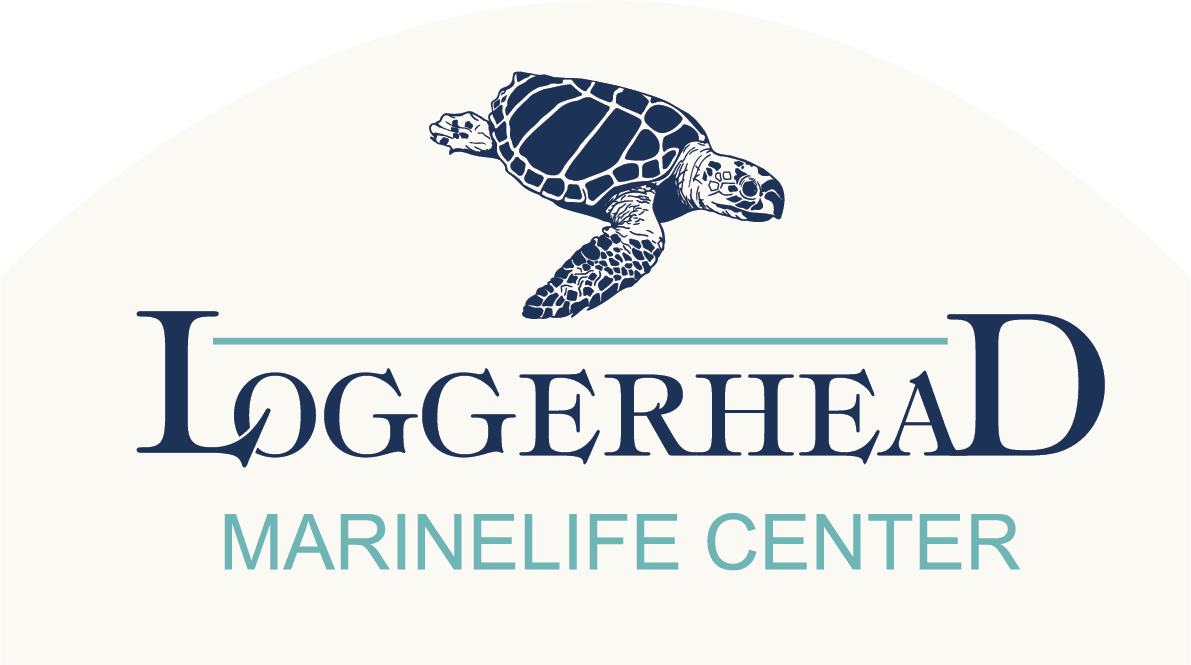- Explore Animal Care -
If you have found an injured, deceased, or harassed Sea Turtle, or to report someone disturbing a sea turtle nest, call 1-888-404-FWCC (3922) - Cellular phone *FWC or #FWC
If you ever happen to come in contact with an injured or stranded sea turtle please call Florida Fish and Wildlife Conservation Commission (FWC) immediately at 1-888-404-FWCC (3922) or you may dial *FWC or #FWC on your mobile phone.
Once you have contacted FWC you are also welcome to call the center at our 24 hour Emergency Response number (561-603-0211) if you are in need of assistance with the rescue.
If a sick or injured turtle is observed at sea, please contact FWC directly and follow their instructions.
Do not attempt to rescue the injured sea turtle as this could result in further injury to the animal or the rescuer.
Turtle Caught On A Hook?
If you are on a pier and a turtle is caught on a hook, contact Loggerhead Marinelife Center's 24 Hour Sea Turtle Rescue Line at 561-603-0211 or FWC. Gently reel in slack line, keeping the turtle at the surface of the water. DO NOT lift turtle above water by pulling the line (this will result in further injury). It is preferred to use a pier net and slide it under the turtle, again supporting the turtle and keeping it at the surface without bringing the turtle’s weight above the surface.
Then slowly move the animal to the beach and out of the surf zone, it is ideal to have Ocean Rescue or other assistance on the beach to help with this step. Try to keep the turtle in the shade or place a wet towel over the shell to keep the turtle cool. Lastly, you may trim excess fishing line, but be sure to leave at least 1-2 feet of extra line with the turtle. Please remember, DO NOT attempt to remove hooks or line from the turtle, wait for help to arrive.
Disoriented hatchlings can be placed in the 24 hour drop-off cooler located outside of the front entrance to the Center.
Adopt A Sea Turtle
You can support Loggerhead Marinelife Center by “adopting” a sea turtle patient starting at just $40. Your adoption directly benefits the continued care and treatment of our sick and injured sea turtles!
